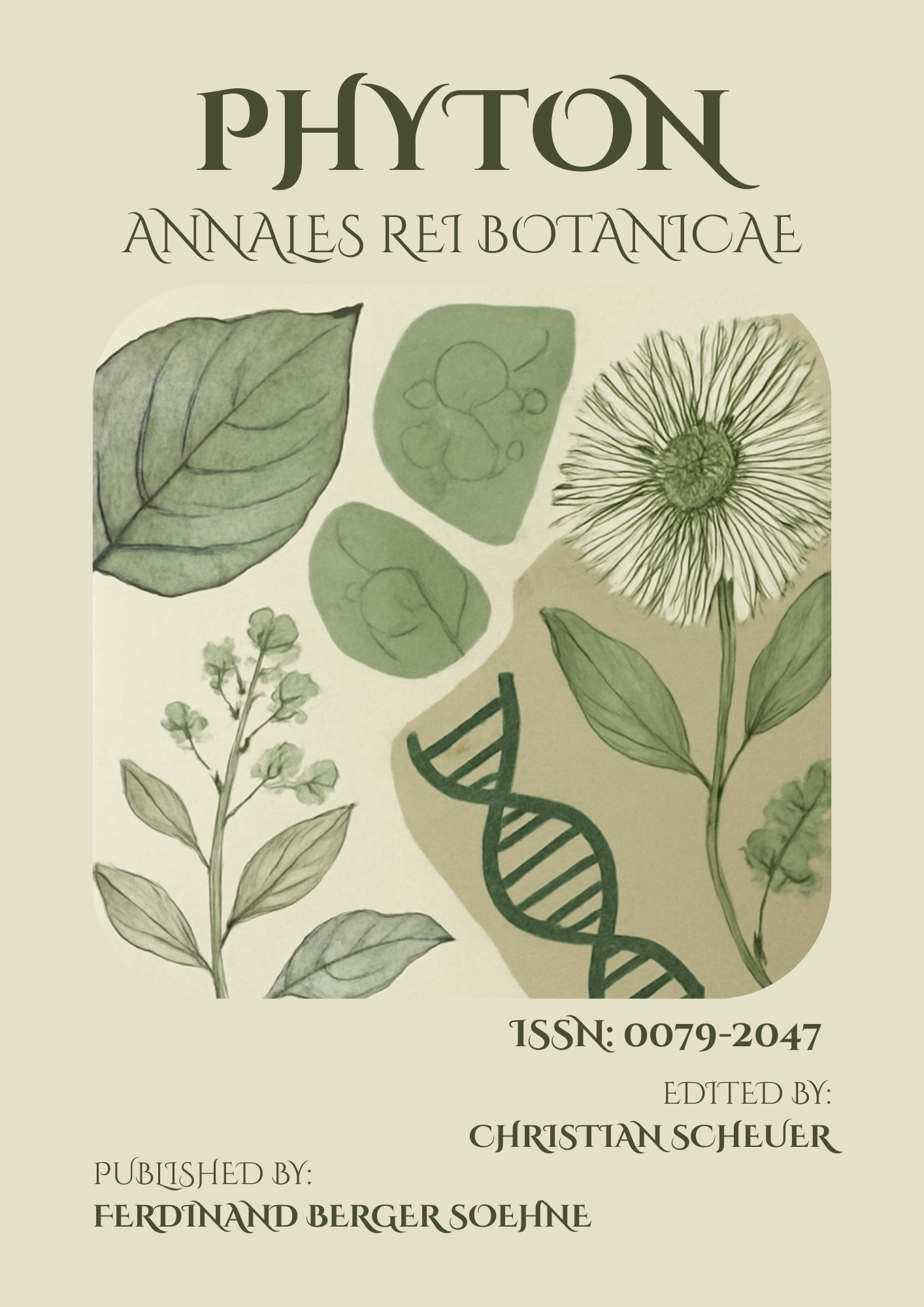The Role of Microbial Inoculants in Enhancing Soil Fertility and Crop Productivity in Malaysia
Keywords:
Microbial Inoculants, Soil Fertility, Crop Productivity, Malaysia, Sustainable Agriculture, Biocontrol AgentsAbstract
Soil fertility is a critical factor in agricultural productivity, and microbial inoculants offer a sustainable solution to improve soil health and nutrient availability. This paper investigates the role of beneficial soil microbes, such as nitrogen-fixing bacteria, mycorrhizal fungi, and biocontrol agents, in enhancing soil fertility and crop productivity in Malaysia. The study reviews several field trials where microbial inoculants were applied to crops like oil palm, rice, and vegetables, assessing their impact on soil nutrient content, plant growth, and disease resistance. The findings suggest that microbial inoculants can significantly improve soil health by increasing nutrient availability, enhancing root growth, and promoting disease resistance. However, the research also identifies challenges such as inconsistent results across different soil types, limited commercial availability of effective microbial products, and the need for farmer education on their application. The paper concludes by advocating for the integration of microbial inoculants into sustainable agricultural practices in Malaysia to improve crop productivity while reducing dependency on chemical fertilizers.
Published
How to Cite
Issue
Section
License
Copyright (c) 2024 PHYTON-ANNALES REI BOTANICAE

This work is licensed under a Creative Commons Attribution-NonCommercial-ShareAlike 4.0 International License.
This article is published under the terms of the Creative Commons Attribution-NonCommercial-ShareAlike 4.0 International License (CC BY-NC-SA 4.0). Readers may share and adapt the material for non-commercial purposes, provided appropriate credit is given and adaptations are shared under the same license.



